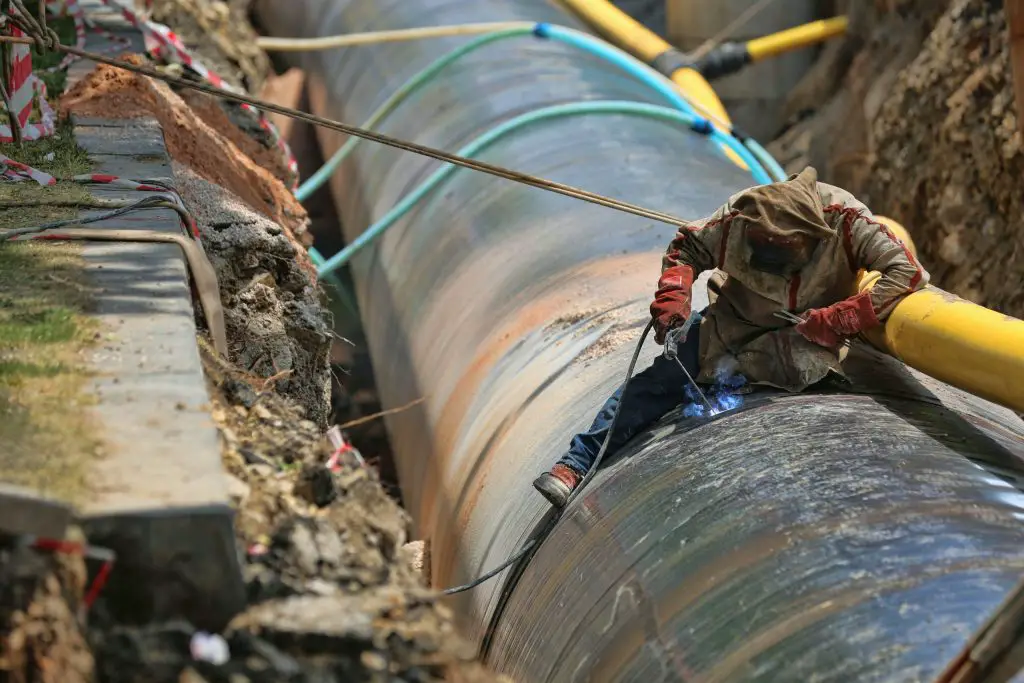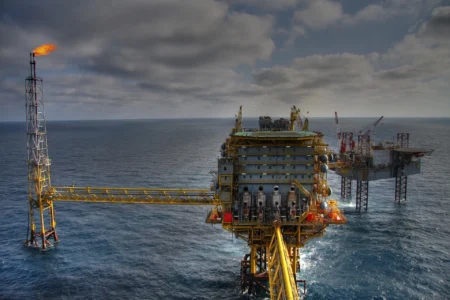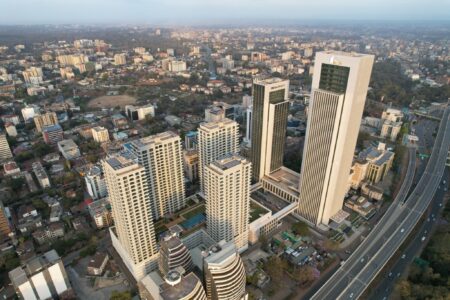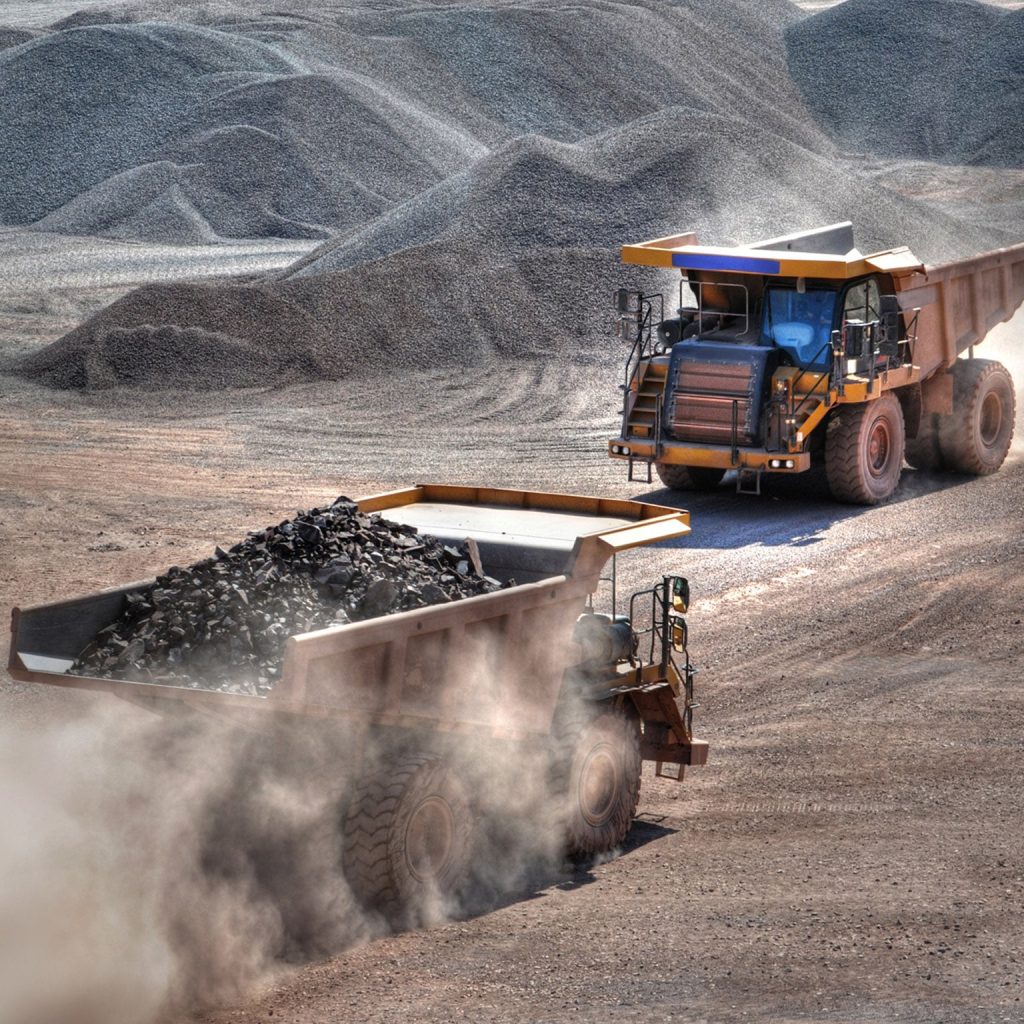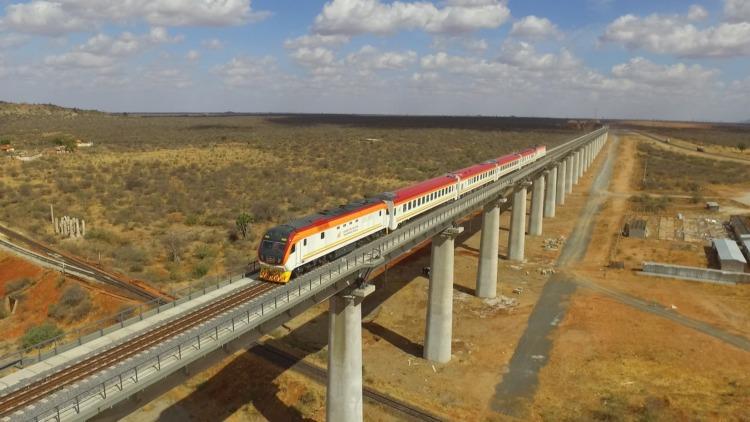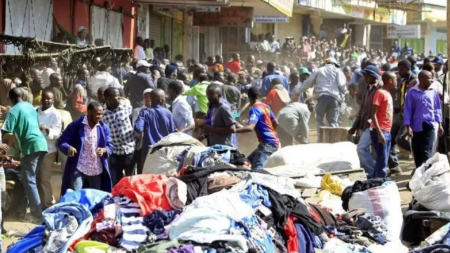The EU bile against the EACOP speaks volumes on the EU parliament’s imperialism and neo-colonial attitudes by turning a blind eye to the Union’s emissions, choosing to hypocritically shine a light on East Africa’s emerging economies, Uganda and Tanzania.
- Russia’s unprovoked invasion of Ukraine at the end of February sent energy markets reeling and prices surging.
- The EACOP will convey crude oil from Kabaale – Hoima in Uganda to Tanzania’s Chongoleani peninsula near Tanga port.
- The EU bile against the EACOP, according to Tayebwa, speaks volumes about the EU parliament’s imperialism and neo-colonial attitudes.
Global energy market disruptions
Russia’s unprovoked invasion of Ukraine at the end of February sent energy markets reeling and prices surging. Russia remains the largest oil and gas products exporter globally, and Africa is mainly affected by the resultant market disruptions.
The recent global oil market changes have inspired the search for alternatives. Countries have also resolved to fast-track existing oil and gas projects in Africa and beyond. The East African Crude Oil Pipeline Project (EACOP) is a crucial East African project.
EACOP represents a 1,443km crude oil export pipeline. The pipeline will convey crude oil from Kabaale – Hoima in Uganda to Tanzania’s Chongoleani peninsula near Tanga port. The pipeline’s peak capacity will stand at 246,000 bbls/day.
READ MORE: Tanzania, Uganda crude oil deal soars as new MoU is signed
The agreement for the project ensures that an Environmental Social Impact Assessment (ESIA) happens as per the International Finance Corporation (IFC) standards. The EACOP has also considered international best practices backed by primary biodiversity and feasibility studies.
EU’s stance on EACOP is controversial and hypocritical
The European Union passed a resolution on September 14, 2022, calling for human rights and environmental protections as Uganda and Tanzania conceptualize the EACOP project. The EU resolution warns that the project threatens wetlands and water resources, a source of livelihood for fisherfolk, farmers, and tourism business owners.
As per the resolution, the impacts and risks of the oil fields and pipeline infrastructure development already appear immense. The EU claims that the risks have been thoroughly recorded in various independent expert reports and community-based impact evaluations.
The resolution comes out as hypocritical and controversial. While Tanzania ensures the EACOP is human rights compliant, Uganda has termed the European Parliament’s resolution against EACOP’s construction as a neo-colonial stance against Uganda and Tanzania, independent and sovereign African countries.
Responding to the controversial resolution, Mr January Makamba, Tanzania’s Energy minister, noted that the entire pipeline route has a design to scale down social and environmental impacts. Makamba further observes that the EACOP handling falls in line with all international regulations and laws on environmental safety and human rights protection.
Uganda’s Thomas Tayebwa, the deputy speaker for parliament, slammed the EU for its excessive reliance on fossil fuels compared to Uganda and other African nations. Tayebwa termed the EU position as economic sabotage against the right of sovereign African countries to benefit from their oil and gas sectors.
The EU bile against the EACOP, according to Tayebwa, speaks volumes about the EU parliament’s imperialism and neo-colonial attitudes, which he derides for turning a blind eye to the Union’s emissions, choosing to hypocritically shine a light on East Africa’s emerging economies, Uganda and Tanzania.
According to Mr Tayebwa, EACOP’s prospective pollutant effect will only represent 0.5 per cent of global emissions. Ironically, the EU representing just 10 per cent of the global population, emits 20 per cent unfettered, and member nations have contemplated deepening fossil-fuel-related excavations unfettered.
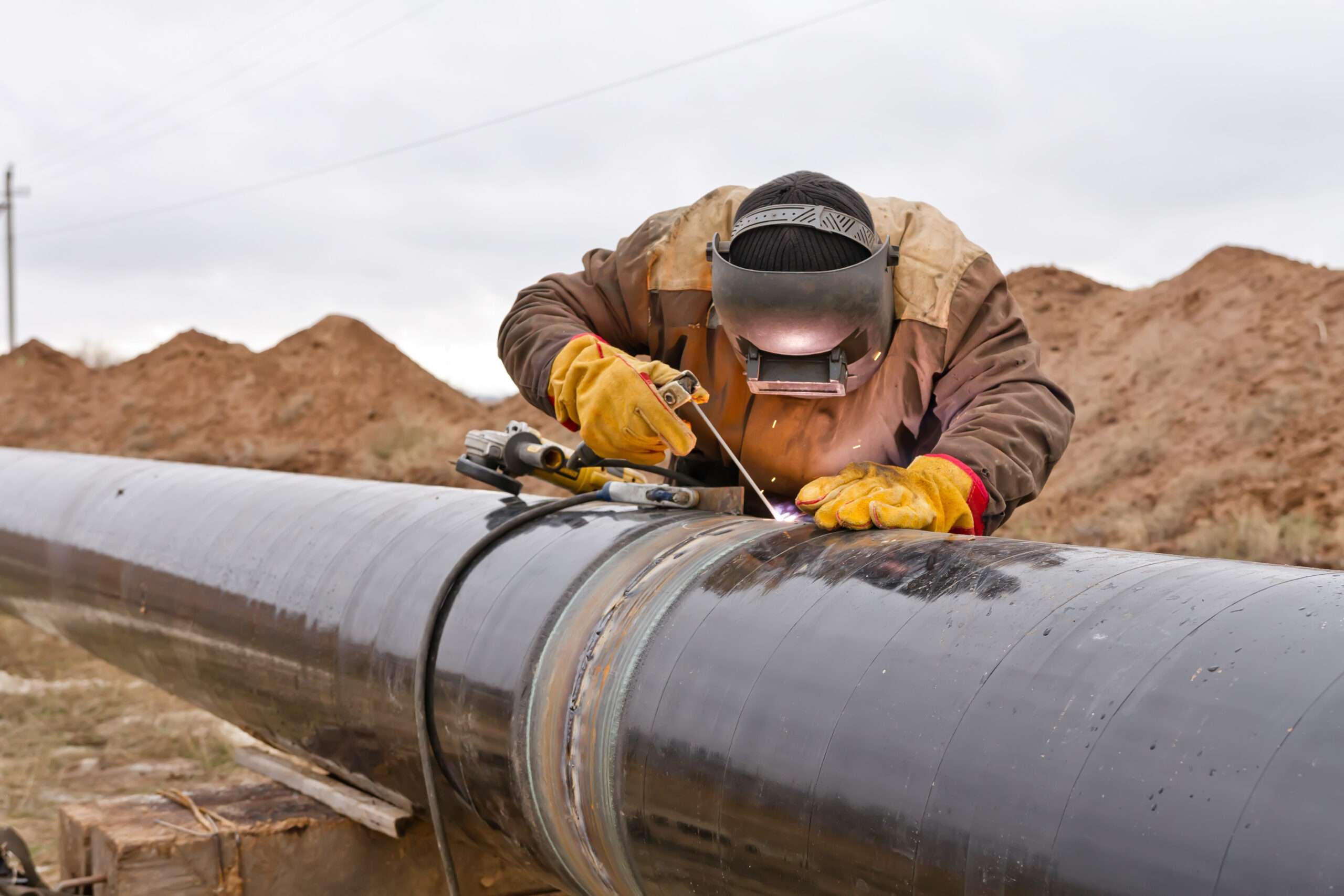
Double standards by the European Union on the EACOP
What is good for the goose must also be good for the gander. However, the EU commission has commissioned the Baltic pipe project, somewhat similar to the EACOP. The Baltic Pipe project got inaugurated on September 27, 2022, at an opening ceremony in Goleniów, Poland.
The Trans-European Networks for Energy backs the energy project. The Baltic Pipe boosts the gas supply diversification of Central-Eastern Europe and the Baltic States. It introduces a new import route from the North Sea to the EU. The Baltic Pipe has remained a common interest project for the EU since 2013. The EU has pumped around €267 million in funding to complete the preliminary studies and construction works necessary for the Baltic pipe project.
Notably, apart from the Baltic pipe project, faced with energy shortages and rising costs for fuel and electricity, rich European countries have reverted to even dirtier fossil fuels. Some EU members have even resumed burning fuel oil to generate electricity. The rebirth of carbon-intensive energy indicates that when energy security and economic growth are threatened for Europe, security and development beat climate policies.
The EU’s iron law against EACOP and other African projects
Political scientist Roger Pielke Jr. has labelled this approach by the EU the iron law. The current stance by Europe means energy security is again taking precedence, and climate commitments must wait. While this change makes sense in Central and Eastern Europe, it looks very different when viewed from Uganda or Tanzania.
One side of Europe’s turnaround on energy founds on the need to diversify gas sources with an aggressive drive for long-term oil and gas contracts in Africa. This spell of interest in gas comes following many years of rich EU governments pressuring African countries to substitute fossil fuels for solar or wind power.
Some European governments have also pressured development institutions such as the World Bank to halt financing all fossil fuel projects. Sweden, Norway, and others recommend a total prohibition by 2024.
Paradoxically, the European Union has resolved that the ongoing energy emergency gives leeway to burn whichever fuel they desire. On the other hand, emerging economies lack that pass-through completely. For Africa, this stance looks like blatant hypocrisy—or worse.
In a September 20 statement, the independent pan-African NGO based in Banjul, in the Gambia, slammed the European resolution on EACOP perceived environmental and human rights concerns as a self-serving ploy and interference with African affairs.
Flawed European Union policies on African gas
As affluent nations would have it, “gas for me but not for thee” is more than simply bad optics. It is a poor policy. The EU has prioritised the West’s energy access while pushing Africa to prioritize emission reductions. This move is counterproductive in achieving economic, geostrategic, and even climatic objectives.
The present hostility against Africa and EACOP, specifically over gas consumption, is entirely unwarranted. The continent’s prosperity lies in low-cost renewables. Limited gas usage is for power backup, cooking, and a few businesses, such as fertilizer manufacturing. Uganda, Kenya, and Ethiopia now utilize more than 80 per cent renewable energy. Comparatively, the United States uses just 20 per cent renewable energy.
Renewables continue to dominate even in African economies with ample gas resources. In reality, there is no credible future scenario in which African gas use contributes even remotely meaningful to global pollution.
Even if Sub-Saharan Africa (excluding South Africa) increased its energy consumption overnight using exclusively gas, the new emissions would amount to just 0.62 per cent of global pollution. Africa has already adopted renewables, and the magnitude of its future gas use will remain insignificant globally.
Economic growth and energy transition drawbacks
While the West has nothing to gain by pressuring Africa on gas financing, rich-country approaches have significant drawbacks. A prohibition on gas finance would harm economic growth while delaying the energy transition.
The energy shift in Europe is all about substituting high-carbon sources like coal, oil, and gas with low-carbon replacements. However, in energy-scarce nations, the energy transition entails increasing supply to meet rising energy demand.
Gas remains necessary to back up wind and sunlight-dependent renewables in nations with significant undeveloped hydro- or geothermal potential. Across Africa, the switch from charcoal and wood to cleaner cooking energy will almost certainly necessitate the use of gas.
Hydrogen and other emerging green fuels have enormous possibilities. Nevertheless, businesses such as fertilizer manufacturing will need gas for the conceivable future. Blocking these growth routes in Africa in the name of climate policy is all misery and no benefit. The EU’s stance on the EACOP, while on the other hand, funding a similar project in their backyard, sums up their hypocrisy.





